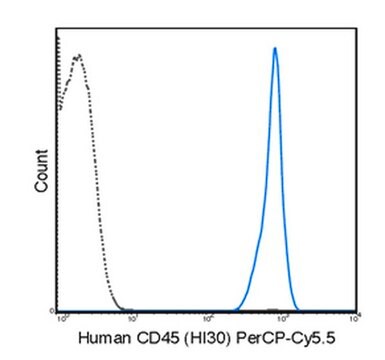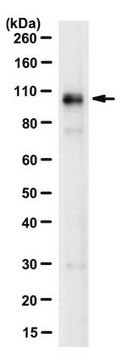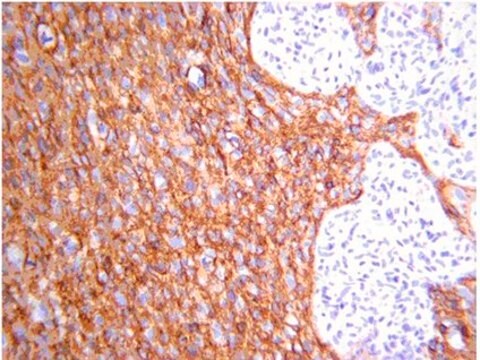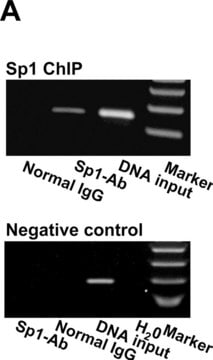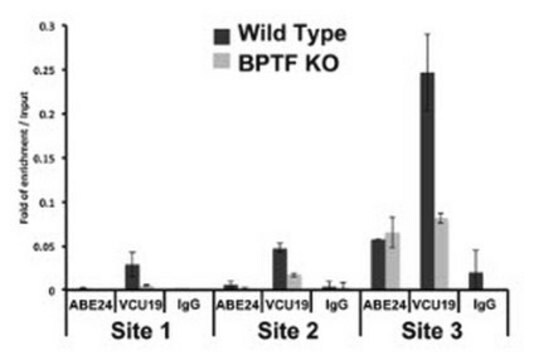MABN356
Anti-FKBP4 Antibody, clone 2H9.1
clone 2H9.1, from mouse
Synonim(y):
Peptidyl-prolyl cis-trans isomerase FKBP4, PPIase FKBP4, 51 kDa FK506-binding protein, FKBP51, 52 kDa FK506-binding protein, 52 kDa FKBP, FKBP-52, 59 kDa immunophilin, p59, FK506-binding protein 4, FKBP-4, FKBP59, HSP-binding immunophilin, HBI, Immunophi
About This Item
Polecane produkty
pochodzenie biologiczne
mouse
Poziom jakości
forma przeciwciała
purified immunoglobulin
rodzaj przeciwciała
primary antibodies
klon
2H9.1, monoclonal
reaktywność gatunkowa
human
metody
immunohistochemistry: suitable (paraffin)
western blot: suitable
izotyp
IgG1κ
numer dostępu NCBI
numer dostępu UniProt
Warunki transportu
wet ice
docelowa modyfikacja potranslacyjna
unmodified
informacje o genach
human ... FKBP4(2288)
Opis ogólny
Immunogen
Zastosowanie
Neuroscience
Developmental Signaling
Jakość
Western Blotting Analysis: 0.25 µg/mL of this antibody detected FKBP4 in 10 µg of T47D cell lysate.
Opis wartości docelowych
Postać fizyczna
Przechowywanie i stabilność
Inne uwagi
Oświadczenie o zrzeczeniu się odpowiedzialności
Nie możesz znaleźć właściwego produktu?
Wypróbuj nasz Narzędzie selektora produktów.
polecane
Kod klasy składowania
12 - Non Combustible Liquids
Klasa zagrożenia wodnego (WGK)
WGK 1
Certyfikaty analizy (CoA)
Poszukaj Certyfikaty analizy (CoA), wpisując numer partii/serii produktów. Numery serii i partii można znaleźć na etykiecie produktu po słowach „seria” lub „partia”.
Masz już ten produkt?
Dokumenty związane z niedawno zakupionymi produktami zostały zamieszczone w Bibliotece dokumentów.
Nasz zespół naukowców ma doświadczenie we wszystkich obszarach badań, w tym w naukach przyrodniczych, materiałoznawstwie, syntezie chemicznej, chromatografii, analityce i wielu innych dziedzinach.
Skontaktuj się z zespołem ds. pomocy technicznej